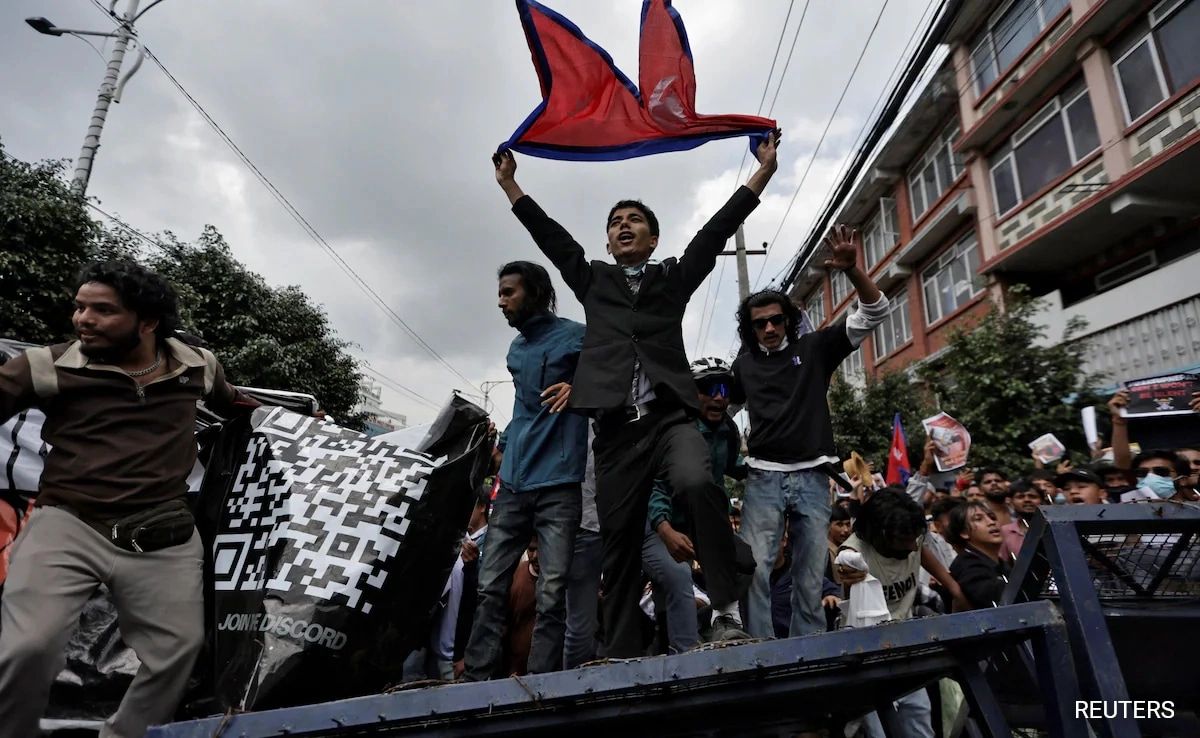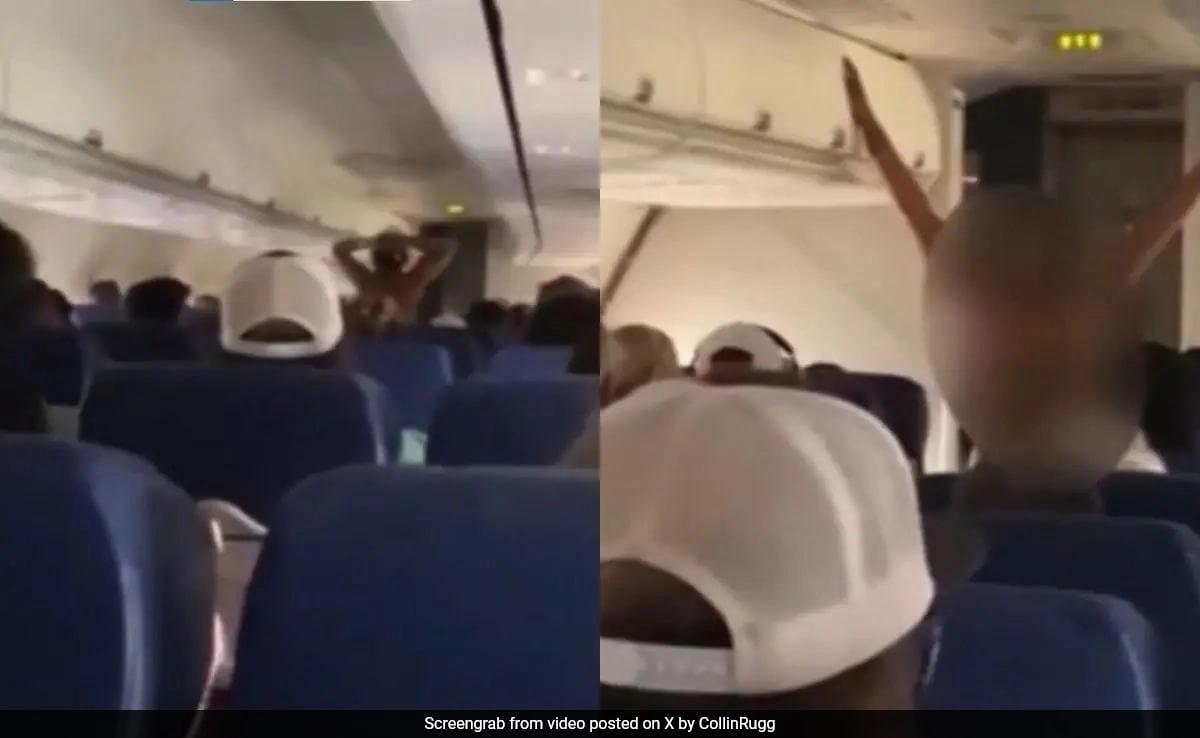In a tragic turn of events, 19 individuals lost their lives during a massive protest in Nepal, which erupted in response to rising political tensions and public dissatisfaction with the government. The protests, fueled by a combination of economic hardship, demands for political reform, and social justice, drew thousands of demonstrators into the streets. The government’s handling of the unrest has faced intense scrutiny, particularly regarding its use of force to disperse crowds and the subsequent casualties that resulted. As citizens express their frustration over a perceived lack of responsiveness from their leaders, the situation has escalated into one of the most significant challenges for the Nepali government in recent years.
In the aftermath of the protests, authorities imposed a ban on social media platforms to curb the spread of information and prevent further mobilization of demonstrators. However, this measure has drawn criticism from various sectors of society, including human rights advocates and journalists, who argue that such a ban infringes on the fundamental right to freedom of expression. The social media blackout has sparked debates over the balance between maintaining public order and protecting civil liberties. As the situation continues to develop, the government is reportedly considering revoking the social media ban, recognizing the need for transparent communication in a time of crisis.
The potential lifting of the social media ban could signify a shift in the government’s approach to handling dissent and addressing the underlying causes of the protests. Many observers believe that engaging with the public and allowing for open dialogue is essential for restoring trust between the government and its citizens. The tragic loss of life has not only heightened tensions but also underscored the urgent need for political dialogue and reform to address the grievances that have fueled the protests. As Nepal navigates this challenging moment, the international community is closely watching, hoping for a resolution that prioritizes peace, stability, and the protection of human rights.




